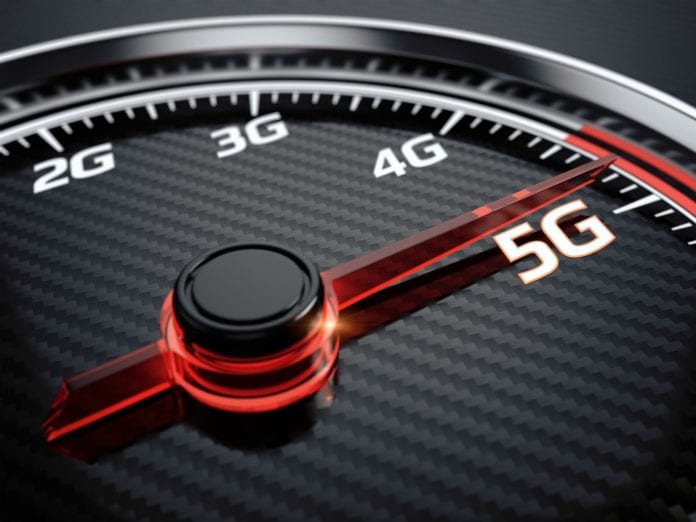Continuing efforts to gain a better understanding of RF transmission in high-band frequencies, both Verizon and AT&T–who are already testing a fixed wireless access application of 5G using 28 GHz spectrum–have asked the Federal Communications Commission for permission to keep that R&D work going.
AT&T wants a six-month “special temporary authority” to test 5G equipment using the 28 GHz band in Dallas, Texas. In this test, AT&T will connect a base station and UE at a distance of about 10 meters all inside a building with “concrete walls and windows with coated glass.”
Down I-35 in Austin, Texas, AT&T has tested 5G fixed wireless access at 15 GHz and 28 GHz. Trials included an enterprise-focused test at an Intel office, then, for consumers, delivery of DirecTV via millimeter wave transmissions.
Verizon is in the process of expanding a 5G fixed wireless access pilot project to 11 U.S. markets, which the company said will include “several hundred cell sites that cover several thousand customer locations. During the Rohde & Schwarz 5G Innovation, Verizon reps referenced a 28 GHz trial, Verizon set up a base station antenna separated from equipment in an apartment by about 20 meters with trees in the way to test millimeter wave propagation.
In a new special temporary authority request, Verizon asks the FCC for permission to test in 28 GHz at a facility in Basking Ridge, N.J. using equipment for network infrastructure vendors Ericsson, Samsung, Intel, Qualcomm and Nokia. The proposed start date is Aug. 20, ending Feb. 20.
From the application, Verizon has an eye on, “Understand[ing] the characteristics of mmWave operating bands, specifically 28GHz, including channel bandwidths, and U/L ratios for residential/commercial deployments.”

